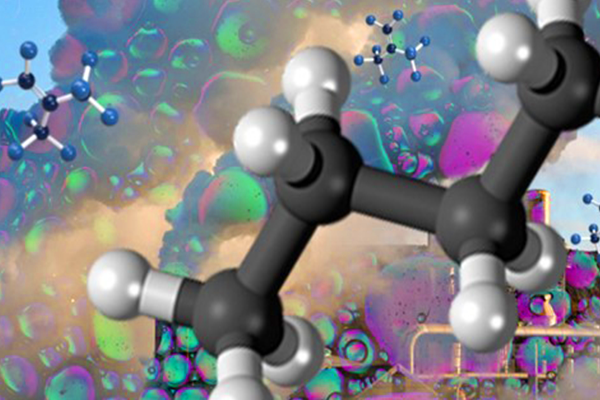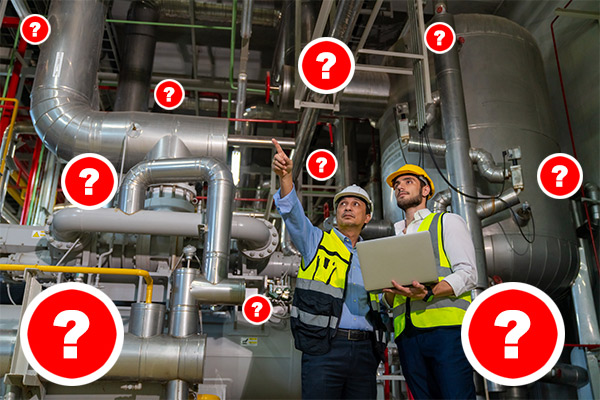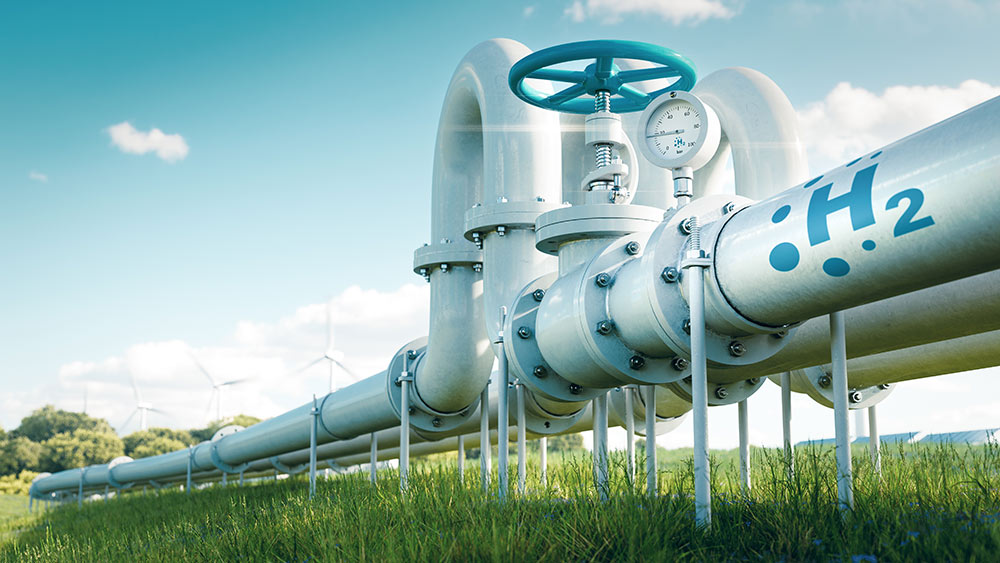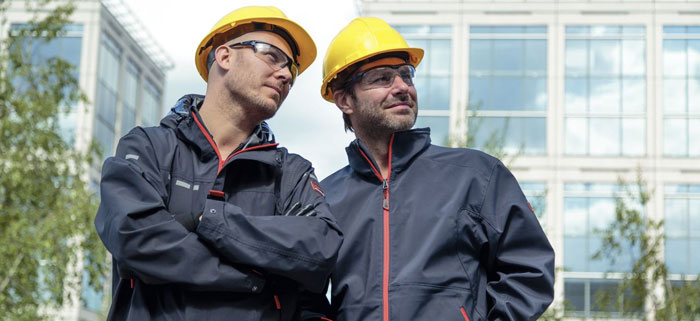Best Practices
Take a look through our best practices blog posts to find a selection of safety advice and tips designed to improve your knowledge on how to keep workers safe. Our selection of posts include information on calibration vs bump testing, how to work in a confined space safely and different types of breathing apparatus. Ensure that you are up to date on all the latest safety information by taking a look through our safety tips below.
If you have any questions relating to our products or services, don’t hesitate to contact our dedicated sale staff on 0845 3300 447 or email our team at [email protected].

15/01/2024
Chlorine In The Water Industry
Posted by Rhys Redrup
Chlorine In The Water Industry Water utility companies have a vital role in supplying clean water for drinking, bathing, and various industrial and commercial purposes. Maintaining the cleanliness of our waterways is the responsibility of wastewater treatment plants and sewage systems. However, it's essential to be aware of the potential dangers of gas exposure in...
Read


07/09/2023
PID Detection in the Petrochemical Industry
Posted by Rhys Redrup
PID (or “photoionization detector”. ) detection uses ultraviolet light to ionize VOC molecules in order to measure a resulting electric current. This simple method allows PIDs to detect VOCs at ultra-low levels, from parts per billion (ppb) to parts per million (ppm). Most industry insiders know that volatile organic compounds (VOCs) evaporate rapidly when emitted...
Read


25/08/2023
Positioning Sensors for Fixed Gas Detection
Posted by Rhys Redrup
Fixed gas detection systems are used to detect the presence of hazardous gases in a variety of settings, including - Medical and industrial facilities. Commercial buildings. Swimming pools. Saunas. Academic facilities. The sensors in these fixed systems operate continuously and will trigger an alarm when the concentration of certain gases reaches a dangerous level. The...
Read


07/08/2023
Hydrogen Gas Detection: Best fixed-gas detection
Posted by Rhys Redrup
Hydrogen is a colourless, odourless, and tasteless gas that is highly flammable and explosive. It is essential to have effective gas detection systems in place to protect people and property from the hazards of hydrogen leaks. This may seem an obvious statement, but our engineers have come across examples where the working layout of an...
Read






